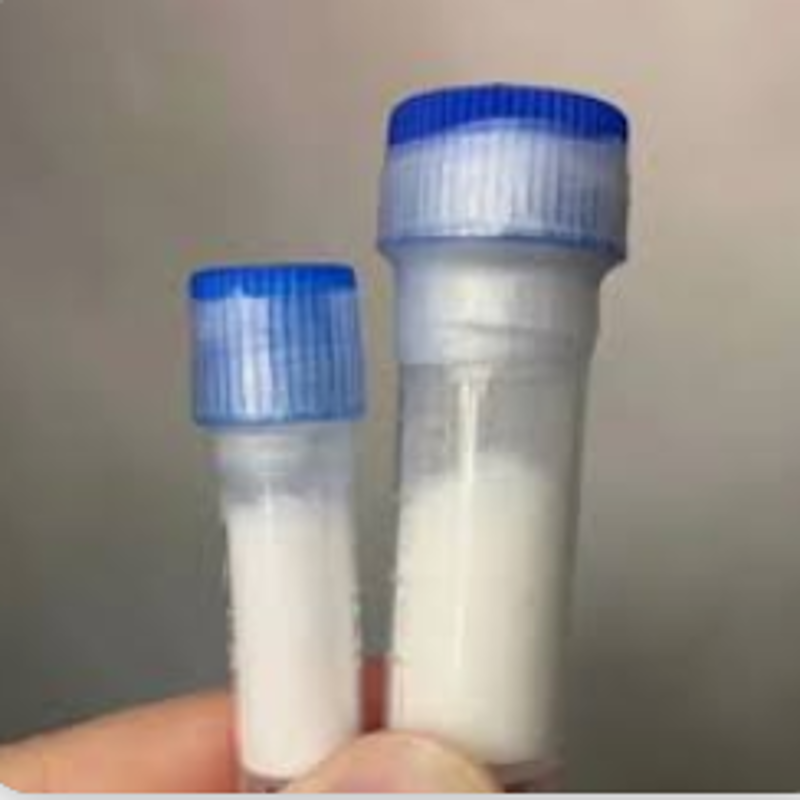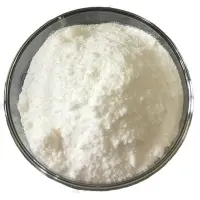-
Categories
-
Pharmaceutical Intermediates
-
Active Pharmaceutical Ingredients
-
Food Additives
- Industrial Coatings
- Agrochemicals
- Dyes and Pigments
- Surfactant
- Flavors and Fragrances
- Chemical Reagents
- Catalyst and Auxiliary
- Natural Products
- Inorganic Chemistry
-
Organic Chemistry
-
Biochemical Engineering
- Analytical Chemistry
-
Cosmetic Ingredient
- Water Treatment Chemical
-
Pharmaceutical Intermediates
Promotion
ECHEMI Mall
Wholesale
Weekly Price
Exhibition
News
-
Trade Service
Oct 4, 2020 /--- A collaboration led by Dr Nora Bengoa-Vergniory of the Parkinson's Disease Centre in Oxford suggests that a compound called a "molecular tweezer" could be a promising disease-improving treatment for Parkinson's disease.
group of researchers suggests that tiny compounds known as molecular tweezers could be a promising treatment for Parkinson's disease.
the new drug works by pulling apart toxic protein lumps formed in the brain during Parkinson's disease.
(Photo: www.pixabay.com), the therapy has shown potential to target toxic protein lumps formed in neurodegenerative diseases such as Alzheimer's disease.
, the team investigated whether a specific molecular tweezer, CLR01, could reduce the formation of protein clumps in Parkinson's cells and mouse models.
studies have shown that CLR01 reduces clusters of Parkinson's α-synactical nucleoproteins and prevents the death of human neurons made from stem cells.
researchers tested CLR01 in a mouse model of Parkinson's disease, which stimulates the formation of protein clusters and mimics the motor symptoms experienced by people with the disease, including tremors and slow movement.
as mice age, CLR01 therapy reduces the appearance of exercise problems and the formation of toxic protein clusters in the brain.
, the team showed that CLR01 was less effective in older animals with faster progressive Parkinson's disease.
this work shows that the use of protective therapies early in Parkinson's disease is essential for effective treatment.
these combined results highlight that CLR01 represents a candidate for the treatment of Parkinson's disease and highlights the need for further research in this area.
lead researcher Dr Nora Bengoa-Vergniory said: "Future investments in identifying the right treatment window for these and other treatments are critical to the success of these and other treatment strategies.
" results were published recently in the journal Nature Communications.
(bioon.com) Source: Tiny brain 'tweezers' can hold the key to treat Parkinson's Disease Source: Nora Bengoa-Vergniory et al. CLR01 protects dopaminergic neurons in vitro and in mouse models of Parkinson's disease, Nature Communications (2020). DOI: 10.1038/s41467-020-18689-x.







